What is Cupping Therapy? How Is It Used And What Are The Benefits
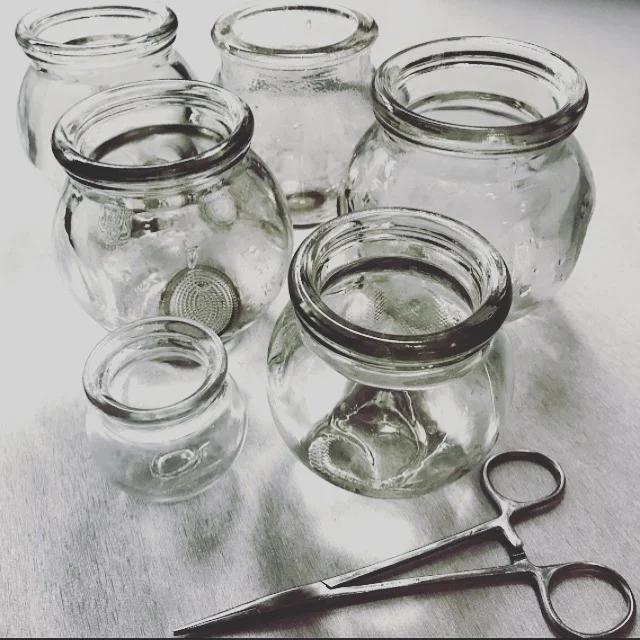
Cupping therapy has been practiced for thousands of years, particularly in Traditional Chinese Medicine, to help balance the flow of Qi and promote physical health and mental well-being. The process can help relieve tension, improve flexibility, and even support the immune system by increasing circulation to targeted areas. Cupping can be used for a variety of conditions, including back pain, headaches, muscle stiffness, and respiratory issues. Whether used for general wellness or specific therapeutic goals, cupping is a safe and non-invasive treatment option that offers numerous health benefits.
There are two main types of cupping–Fire and Suction cups. Fire cupping is a modality in which a small flame is placed into the cup to create a suction, and then the warmed cup is placed onto the skin. Suction cups employ a small mechanical pump onto silicon cups to create the vacuum tension desired. When cups are applied to the skin, the suction draws the skin, fascia, and superficial muscle layers upward. This gentle lifting action creates space, allowing for increased circulation of Qi, blood, and lymph to flow more freely into the targeted area. As a result, stagnant energy, toxins, and waste products are moved out, while fresh nutrients and oxygen-rich blood flood the area. This enhanced circulation helps promote healing, reduce pain, and relieve tension in the muscles, fascia, and connective tissue, contributing to overall health and wellness.
Some techniques that may be applied are stationary cupping, slide cupping, flash cupping, medicinal herbal cupping, or wet cupping. Each type of cupping is used for a specific condition.
Stationary Cupping
The cup is placed on the desired area, or points upon the body and then left there for a specific amount of time.
Slide Cupping
A technique in which some sort of massage lotion or herbal liniment is placed onto the skin and the cups are moved along the skin. This is a very relaxing technique that feels like a deep tissue massage.
Flash Cupping
A technique in which the cups are quickly suctioned onto the skin and then removed over and over again.
Medicinal Cupping
A technique in which bamboo cups are soaked in hot herbal broths, after they cool slightly they are then placed onto the skin with the fire cupping modality.
Wet Cupping
A technique in which a small lancet is used to prick the skin before the glass cup is placed onto the area. This promotes a small amount of blood to be released into the cup and it is thought to help remove internal pathogens, blood stasis, and pain.
The cups leave circular marks on the skin, that range from a light pink to a deep purple depending upon what’s going on beneath the skin. These markings are different from bruises, as bruises are marks of broken blood vessels beneath the skin, whereas the marks from cupping are referred to as “Sha”. It is petechiae, and this process is thought to release unhealthy and stagnated blood from the muscles, in the hope of improving blood and lymph flow.
Cupping marks heal differently than bruises, as bruises turn from purple to red to yellow as they fade and heal, while the cupping marks will slowly fade to a lighter and lighter shade of pink. The marks may be slightly tender in the beginning but they will not hurt when touched like a bruise. It is important to keep cupping marks covered for a few days after the treatment, especially from wind and cold.


What Is Cupping Used For?
Cupping therapy has been used for thousands of years in many cultures’ traditional medical practices. It helps to increase blood and Qi flow to a specific area while stimulating metabolic cellular repair and speeding healing and recovery times. It is a great practice to help reduce pain from past injuries as well. Looking for a more detailed scientific understanding of this modality- check out this article!
Cupping is a very versatile technique that is usually used in conjunction with acupuncture or massage. It is great for pain relief as it helps to loosen connective tissue and fascia while promoting blood and lymph flow and reducing inflammation. Studies have shown a great improvement in pain levels for chronic neck and shoulder pain. It also feels great and can help promote deep states of relaxation and shed away layers of stress and anxiety. Cupping can also help to remove toxin buildup and stagnated water from the lungs helping to improve respiratory health. It is a non-invasive and safe technique good for all ages.
What Does Cupping Treat?
Respiratory disorders including asthma, cough, and congestion
Pain (both chronic and acute conditions)
Digestive complaints such as constipation
Anxiety and relaxation and much more!
Cautions and Contraindications
Caution and thorough consideration of contraindications are crucial when engaging in cupping therapy, a traditional practice with potential therapeutic benefits. Individuals with certain medical conditions such as hemophilia or those prone to blood clotting disorders should approach cupping with caution, as the procedure involves creating suction on the skin, which may pose risks for increased bleeding. Cupping should be avoided in areas with open wounds, irritated skin, or active infections to prevent potential complications. Pregnant individuals, especially in the abdominal and lower back regions, should consult with healthcare professionals before undergoing cupping therapy to ensure the safety of both the mother and the unborn child. As with any holistic therapy, it is essential to seek guidance from qualified practitioners who can tailor cupping sessions to individual health considerations and provide a safe and effective treatment experience.
Taking Blood thinning medication
Open Wounds
Sensitive Skin
Rashes/ Burns
Interested? Contact us for a free consultation.
Sources
Al-Bedah AMN, Elsubai IS, Qureshi NA, et al. The medical perspective of cupping therapy: Effects and mechanisms of action. Journal of traditional and complementary medicine. https://www.ncbi.nlm.nih.gov/pmc/articles/PMC6435947/. Published April 30, 2018. Accessed April 16, 2019.
Chi L-M, Lin L-M, Chen C-L, Wang S-F, Lai H-L, Peng T-C. The Effectiveness of Cupping Therapy on Relieving Chronic Neck and Shoulder Pain: A Randomized Controlled Trial. Evidence-based complementary and alternative medicine : eCAM. https://www.ncbi.nlm.nih.gov/pmc/articles/PMC4814666/. Published 2016. Accessed April 16, 2019.
These foundational books offer a clear and accessible path into the world of Acupuncture and Chinese Medicine. Whether you're studying to become a practitioner or simply curious about the theory behind the treatments, these titles will deepen your understanding and appreciation for this ancient healing system, one thoughtful page at a time.
The article goes over the best professional massage tables available for acupuncturists, massage therapists or other bodyworkers. A long-lasting and high-quality table is key!
A short but very useful guide to support mothers and babies postpartum.
This article explains the basics of abdominal self-massage. It is a great option for increasing self-care, digestive complaints, reproductive issues or low back pain.
Spleen Qi Deficiency is a very common imbalance in Chinese Medicine. This article explains what that means, and what to do about it. It offers lifestyle suggestions as well as food choices, while giving an extensive overview of the theory attached from TCM.
This article offers multiple ways to helps each sinus issues.
Want more protein without the meat? Dive into these easy, tasty plant-based picks!
Discover how acupuncture can calm your mind, balance your body, and support lasting relief from anxiety. Learn what to expect in a session, how it works, and why more people are turning to this natural solution for modern-day stress.
A simple guide to help you find the best acupuncturist for your needs!
By recognizing the manifestations of dampness, identifying its signs and symptoms, and incorporating dampness-clearing foods into your diet, you can work towards restoring balance and promoting overall well-being. This sticle will explain signs and symptoms of Dampness, and offer a few solutions.
Read on to learn the top 3 beauty “secrets” from Chinese Medicine.
This article explains the benefits of cosmetic acupuncture and what t o know if you are also engaging in other aesthetic procedures.
Learn more about the benefits of foam rolling for recovery and longevity.
This article explores the mind-body connection in Chinese Medicine, a concept known as the Shen. It helps explains the 5 aspects of the Shen and their links to Organ Systems and meridians.
This article explains the transformative power of the CHIRP Wheel, a unique spinal relief tool designed to prevent excess pressure on the spine while targeting muscles on both sides of your neck and back. It also offers simple steps for a safe and effective experience!
Learn about Kidney Yang Deficiency in Traditional Chinese Medicine, including signs, symptoms, food choices, and lifestyle tips to restore balance and vitality. Discover a warming recipe to support Kidney Yang health.
Read along for some simple tips to align with the Springtime.
This article explains the Liver Organ System in Chinese Medicine.. and goes into detail about its functions and importance upon governing the smooth flow of Qi, and hence overall well-being.
This article explains the importance of the fascial network and ways to access it for better health.
This article explains how to perform moxa safely at home.
Intro to Red Light Therapy (RLT) and its benefits when used in conjunction with acupuncture.
Product Review of Dose for your Liver, a tasty herbal elixir.
Traveling the world with children is such a rewarding experience, albeit sometimes stressful. Being prepared with natural remedies and a proper first aid kit is essential!
In this article, we dive into the essence of the San Jiao and its significance as three distinct divisions, and one complete system, of the body.
Tasty and Nourishing Roasted Kabocha Squash Recipe. SO simple and delicious!
This simple receipe for nourishing chicken can easily become a staple in your household!
Fireside tonic has been used in natural medicine to help ward off colds and boost digestion. This article offers an east to follow recipe.
Quick pickles are some of my fav dishes- Heres an easy recipe for pickled Daikon Radish!
This simple tea recipe talks about the benefits of goji, da zao, and longan tea, with an easy delicious recipe for vitality and beauty!
This recipe is for turmeric paste, an amazing way to prepare turmeric to make easy and potent lattes, curries, herbal remedies.
This Refreshing Cucumber Salad with rice wine vinegar offers a perfect balance of tangy, sweet, and savory flavors, with a hint of sesame and garlic for a light yet flavorful side dish.
This recipe is for a quick pickled onion, which makes a delicious and healthy addition to many dishes.
Thie quick recipe makes a delightful gingery spinach side dish to accompany any meal.
Lenore Cangeloso is a Board Certified Acupuncturist, Clinical Herbalist and avid writer based in Southeast Portland.
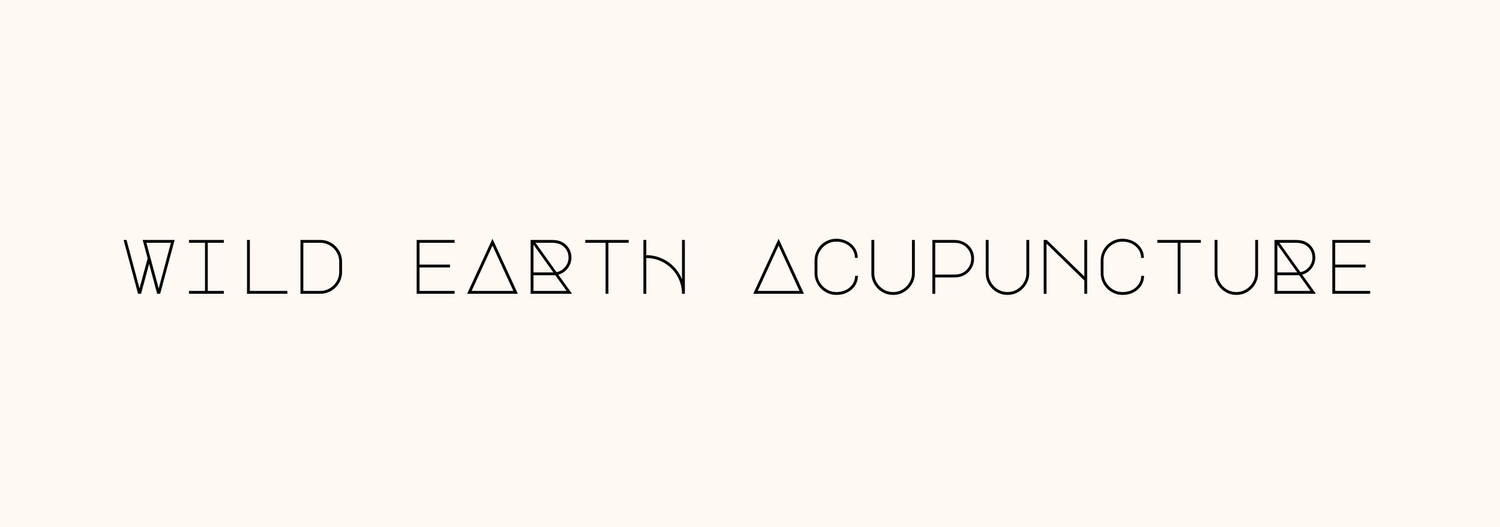






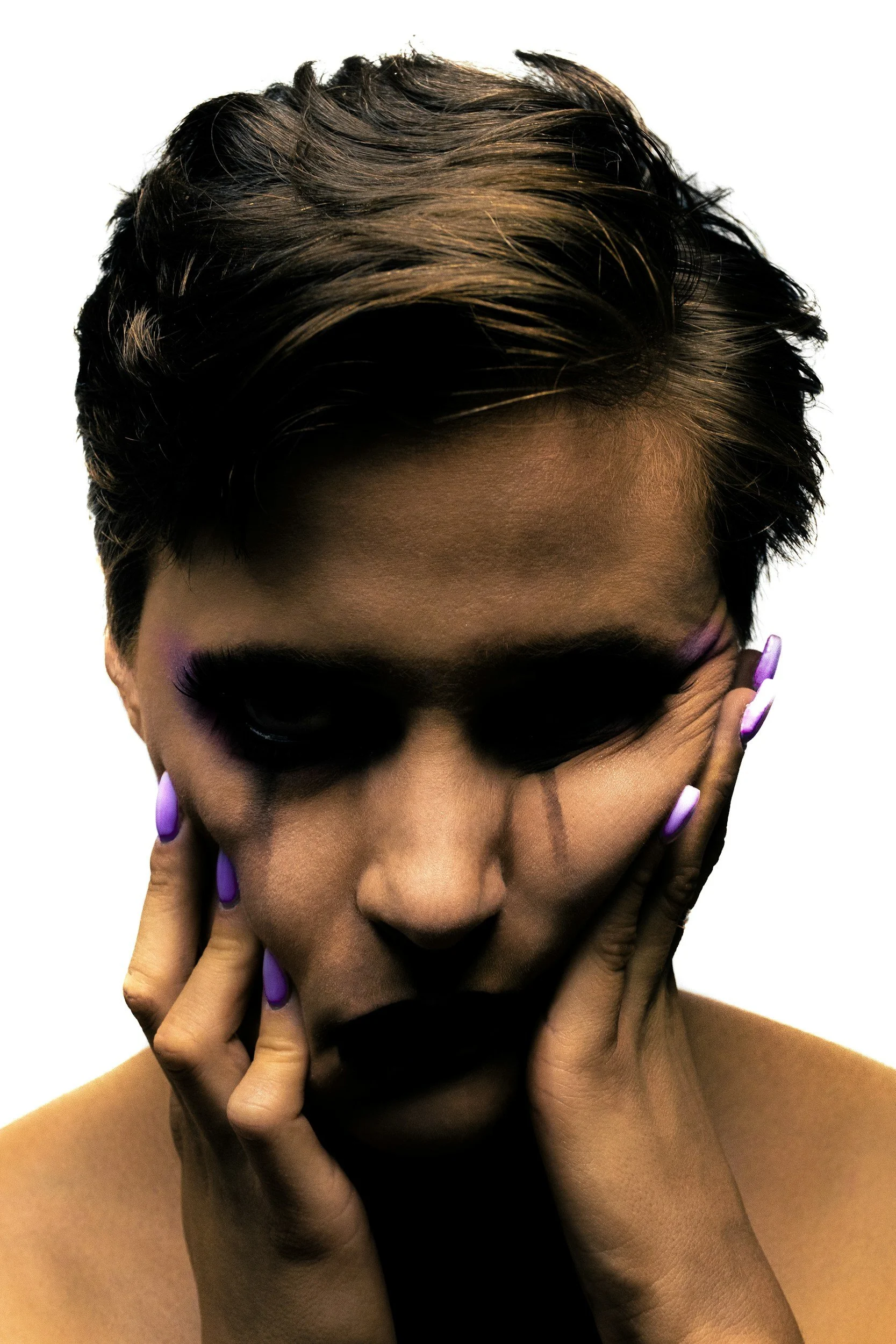





























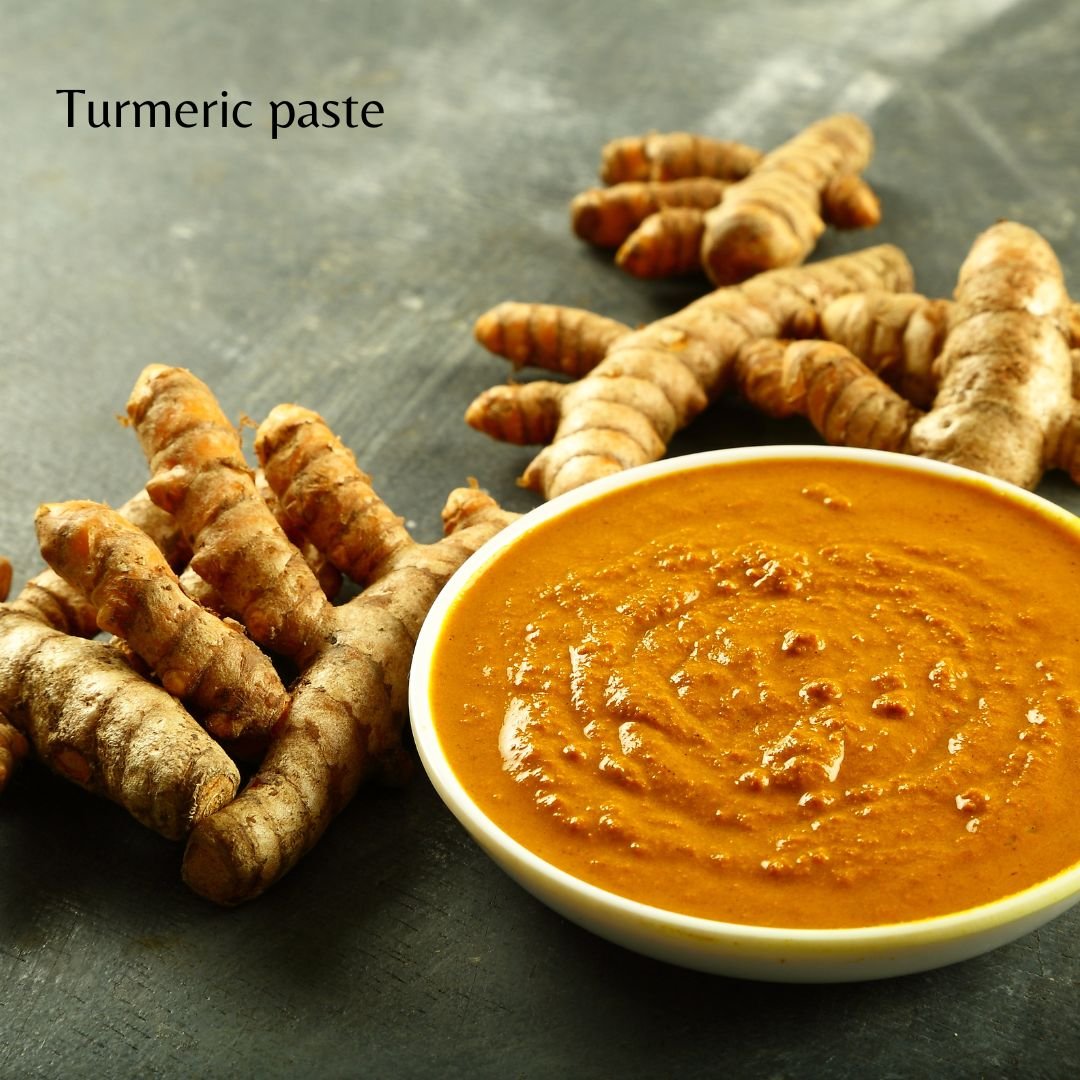





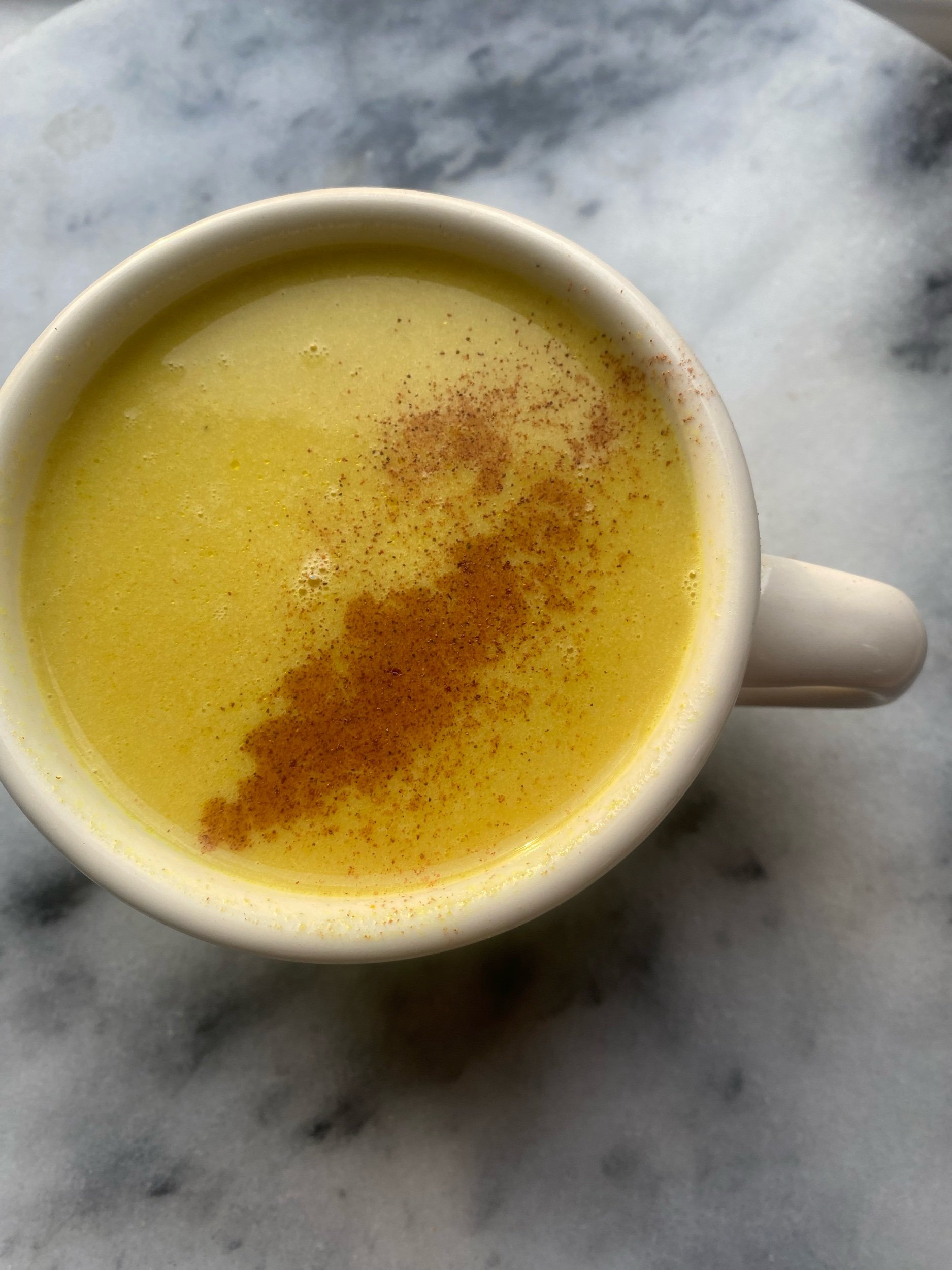

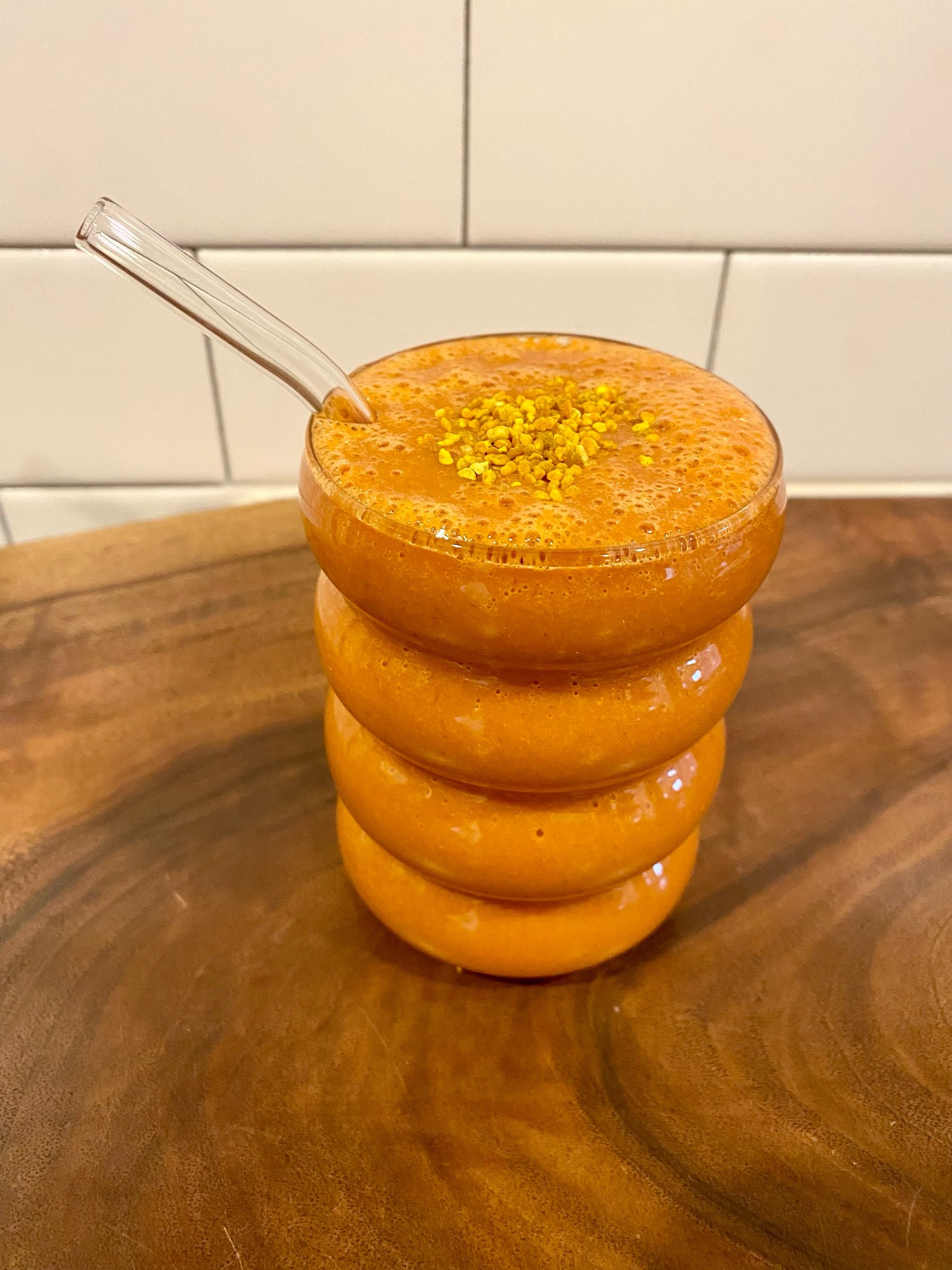
Bone broth is valued all over the world for its delicious taste and highly nutritious components. It is rich in vitamins, minerals, collagen, gelatin, keratin and stock full of amino acids. Read on to learn a super easy recipe!